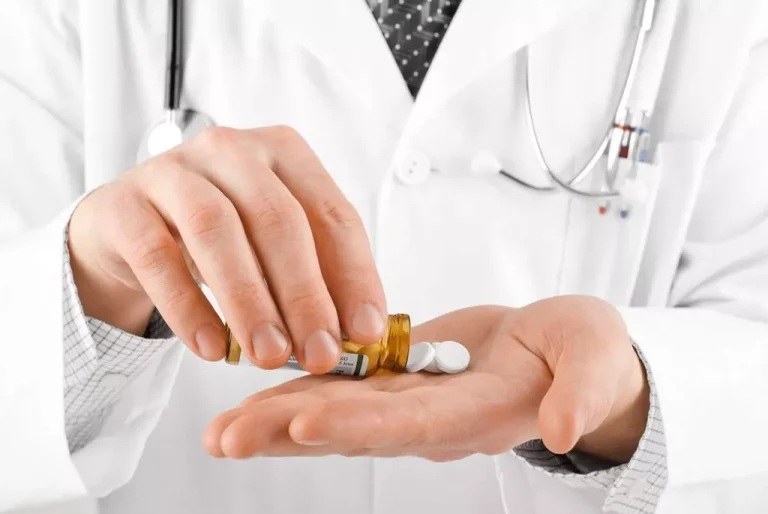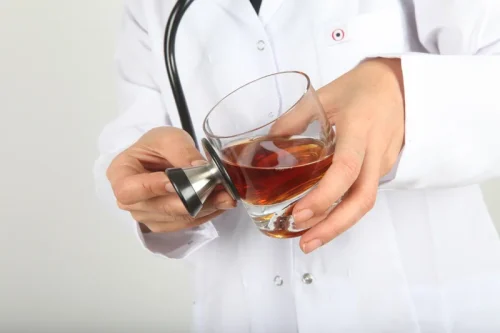Long-Term Effects of Alcohol on the Brain, Kidneys and Liver
All that chugging a lot of water does is increase the volume of urine that you excrete, according to Stanley Goldfarb, a kidney expert at the University of Pennsylvania. The kidney is a complex filter, “and how much water you drink does not affect how well this filter works,” Goldfarb says. Baseline characteristics of 5729 participants according to groups defined by baseline alcohol consumption.
Health Main Menu

The short-term effects include memory impairment, loss of cognitive abilities and blurred vision. Particularly, alcohol can have adverse effects on your mental health and state-of-well being. In fact, the National Alliance on Mental Illness states that approximately one-third of people struggling with alcohol abuse also suffer from mental illness (called co-occurring disorder).
How to Increase Calories in Your CKD Diet
A relatively low incidence of cardiovascular disease was found in middle-aged French men, despite a relatively high dietary intake of saturated fats. Subsequent research suggests that it is potentially attributable to the consumption of red wine, which contains various polyphenols and has various protective effects [42,120], and we believe the same protective effects can be seen in patients with CKD. Studies suggest that the amounts of ethanol consumed vary considerably between different geographical regions [1, 2].

Influence of sex, age, primary diseases and other confounding factors
- If you have CKD, you may eventually require dialysis or a kidney transplant.
- Studies historically have shown that alcohol consumption markedly increases magnesium excretion in the urine and may affect magnesium levels in other ways as well.
- But the two bean-shaped, fist-sized kidneys sitting at the base of the rib cage are fascinating, multitasking organs.
- Sanoff et al. found that consumption of a homemade alcohol, prepared by an unregulated process in Nicaragua, may be related to kidney injury among the local residents, which may related to pesticides or heavy metals contamination [114].
- More than two drinks a day can increase your chance of having high blood pressure.
However, when liver tissue loss is severe enough to cause liver failure, most of the damage may be permanent. Alcohol consumption also is known to induce a state of low blood sugar (i.e., hypoglycemia) and activate the portion of the nervous system that coordinates the body’s response to stress (i.e., the sympathetic nervous system). Both of these factors affect hormones that regulate kidney function, just as changes in fluid volume and electrolyte balance do. Low blood levels of phosphate commonly occur acutely in hospitalized alcoholic patients, appearing in more than one-half of severe alcoholism cases.

Symptoms include weight loss, fatigue, muscle cramps, easy bruising, and jaundice. Many people are embarrassed to tell their healthcare provider about their alcohol use. The difficulties in successfully managing dilutional hyponatremia have resulted in the recent emergence of a promising class of new drugs to treat this abnormality.
- “Normal” urine flow rate is 1 milliliter per minute (i.e., approximately 1 to 1.5 L/day), but this rate can vary widely, depending on water intake or dehydration level, for instance.
- As known, alcohol tolerance varies greatly from person to person, and some nations consume more alcohol than others.
- The amounts of these substances must be held within very narrow limits, regardless of the large variations possible in their intake or loss.
- Although hepatorenal syndrome often ensues after an event that reduces blood volume (e.g., gastrointestinal bleeding), it also can occur without any apparent precipitating factor.
- Investigators have not yet fully explained the mechanisms underlying this wide range of abnormalities, though, and have devoted little attention to alcohol’s effects on kidney hemodynamics in people who do not have liver disease.
- Among the most important substances contributing to these conditions are water, sodium, potassium, calcium, and phosphate.
On the other hand, binge drinking is generally defined as four drinks for women and five drinks for men within a two-hour period. And even occasional binge drinking episodes can have profound effects on your liver’s health over time. The organization adds that regular heavy drinking can lead to CKD and that this type of kidney disease does not resolve with time. This type of sudden-onset kidney damage often resolves with time, but it can be lasting in some cases.
- Restricting the fluid intake of hyponatremic patients eventually should restore a normal fluid balance; unfortunately, this restriction may be difficult to implement.
- Medications and lifestyle modifications may also be prescribed depending on the stage.
- Dr. Boike says that he’s seen a huge spike of patients with acute alcohol-related hepatitis during the COVID-19 pandemic, as alcohol consumption increased by nearly 40% during the pandemic.
- As the National Institute of Diabetes and Digestive and Kidney Diseases (NIDDKD) explains, the kidneys contain tiny, finger-like structures called nephrons.
- In addition to filtering blood, your kidneys do many other important jobs.
- But a full detox is needed for the most benefit, and how much time that takes depends on a variety of personal factors.
- Drinking alcohol to excess is linked to several health problems, including liver disease and an increased risk of some cancers (not to mention risks from drunk driving or accidental injuries while intoxicated).
Furthermore, the cardiovascular-protective effects of estrogen [91,93] should not be overlooked. In addition, long-term alcohol consumption can lead to injuries of renal tubules [1,2,30,39,51]. Na+-K+-ATPase present on the proximal tubular epithelial membrane is important how does alcohol affect the kidneys for tubular reabsorption. However, recent studies have demonstrated that its activity is decreased by ROS and lipid peroxidation with the consumption of ethyl alcohol [22,41,52]. However, the effect of ethanol on renal tubule function is not limited to sodium ions.

Despite the clinical importance of alcohol’s effects on the kidney, however, relatively few recent studies have been conducted to characterize them or elucidate their pathophysiology. It is hoped that future investigations will focus on this important subject area. In many patients with liver cirrhosis, the kidneys’ ability to create dilute urine is compromised, leading to a state of abnormally low sodium concentration (i.e., hyponatremia). In hyponatremic patients, the amount of fluid retained by the kidneys is disproportionately greater than the amount of sodium retained.

